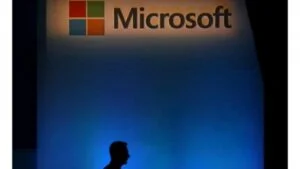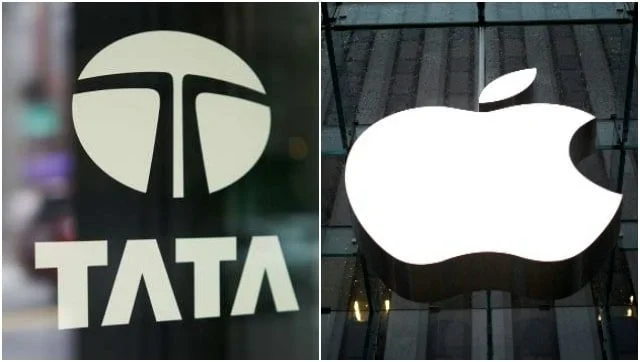Microsoft has announced that it will sell its chat and video app Teams separately from its Office product globally, a move coming six months after it unbundled the two products in Europe to address potential EU antitrust concerns.

The European Commission has been investigating Microsoft’s bundling of Office and Teams since 2020 following a complaint by Slack, a competing workspace messaging app owned by Salesforce.
Teams, initially added to Office 365 for free in 2017, gained popularity, particularly during the pandemic, for its video conferencing capabilities after replacing Skype for Business.
Critics argued that bundling the products gave Microsoft an unfair advantage. Consequently, on August 31 last year, Microsoft started selling Office and Teams separately in the EU and Switzerland.
According to a company spokesperson, Microsoft has decided to extend the unbundling globally in response to customer feedback and to provide multinational companies with more purchasing flexibility.
As part of the changes, Microsoft is introducing new commercial Microsoft 365 and Office 365 suites globally that do not include Teams. A standalone Teams offering for enterprise customers will also be available in regions outside the European Economic Area (EEA) and Switzerland.
Effective April 1, customers can continue their licensing arrangements or switch to the new offerings.
For new commercial customers, Office without Teams will be priced between $7.75 and $54.75, while the standalone Teams offering will cost $5.25. Prices may vary by country and currency.
Despite Microsoft’s efforts to address antitrust concerns, it may not be sufficient to avoid potential charges from the EU, with rivals criticizing the fees and compatibility of their messaging services with Office Web applications.
Microsoft, which has faced EUR 2.2 billion in EU antitrust fines over the past decade for bundling products, could face fines of up to 10 percent of its global annual turnover if found guilty of antitrust violations.








